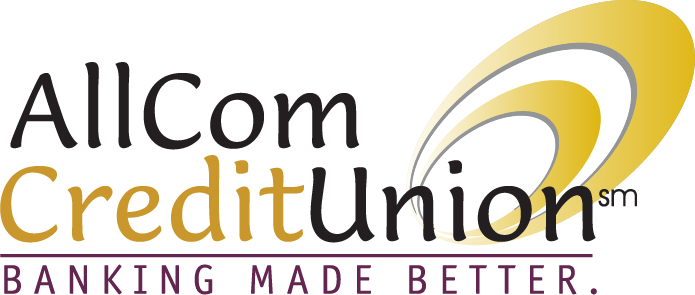
Learn how to spend, save and invest your first job income while paying down debt.
When you’ve been living on a college budget, the first real paychecks from your post-graduation job can feel like more money than you know what to do with. Here’s how to spend, save and invest that income while paying down debt and splurging a bit, too.
- Create a simple budget
A budget is certainly the first step. Once you budget and ensure you’re meeting essential needs, you can spend money on things or experiences you value – all while feeling confident that you can afford them.
The 50/30/20 approach is a good budget starting point.
- Spend 50% on needs like rent, groceries and minimum loan payments.
- Spend 30% on splurges like trips, takeout and concert tickets.
- Spend 20% on savings and extra payments on high-interest debt.
- Make a money priority list
You can’t do everything at once when you’re saving money and repaying debt. Prioritize in this order:
- Save $500 for emergencies in a high-yield savings account.
- Contribute enough to your 401(k) to get your employer’s match, if there is one.
- Pay off any high-interest debt.
- Save for retirement. Aim for 15% of your pretax income.
- Expand your emergency fund. Aim for three to six months’ worth of expenses.
- Understand investing basics
Buying individual stocks is one investment option, but is not often recommended for beginners.
Your first priority should be a retirement account like a 401(k) or Roth IRA, even as your career.
The money in these accounts is invested in stocks and bonds and grows over time due to compound interest. For example, every $1,000 invested at age 22 becomes nearly $20,000 when you are 72, assuming a 6% rate of return.
- Take an inventory of student debt
While saving for the future is important, you’re also likely facing something else: student loans. Start dealing with them by answering these questions:
- Are the loans federal, private or a mix of both?
- How much do you owe?
- What are the loan interest rates?
Many student loans are owned by the Department of Education. To see your federal loan details, visit the Federal Student Aid website. For private student loans with a bank or credit union, check your account with that lender.
Most student loans have a six-month grace period. This means payments won’t come due until late fall. If you start making payments earlier, you’ll save on interest and establish the habit of paying.
If you have federal loans, you can also apply for an income-driven repayment plan that caps payments at 10% to 20% of your income and forgives the remaining balance after 20 or 25 years. Private student loans aren’t eligible.
- Work on your credit
Can you name a benefit of student debt? It may seem difficult, but here’s one: Consistent on-time payments reflect well on your credit. A credit score in the high 600s or above is necessary to access the best rates on loans, insurance and a future mortgage. Some employers and landlords check credit, too. Review your credit report to see where you stand.

